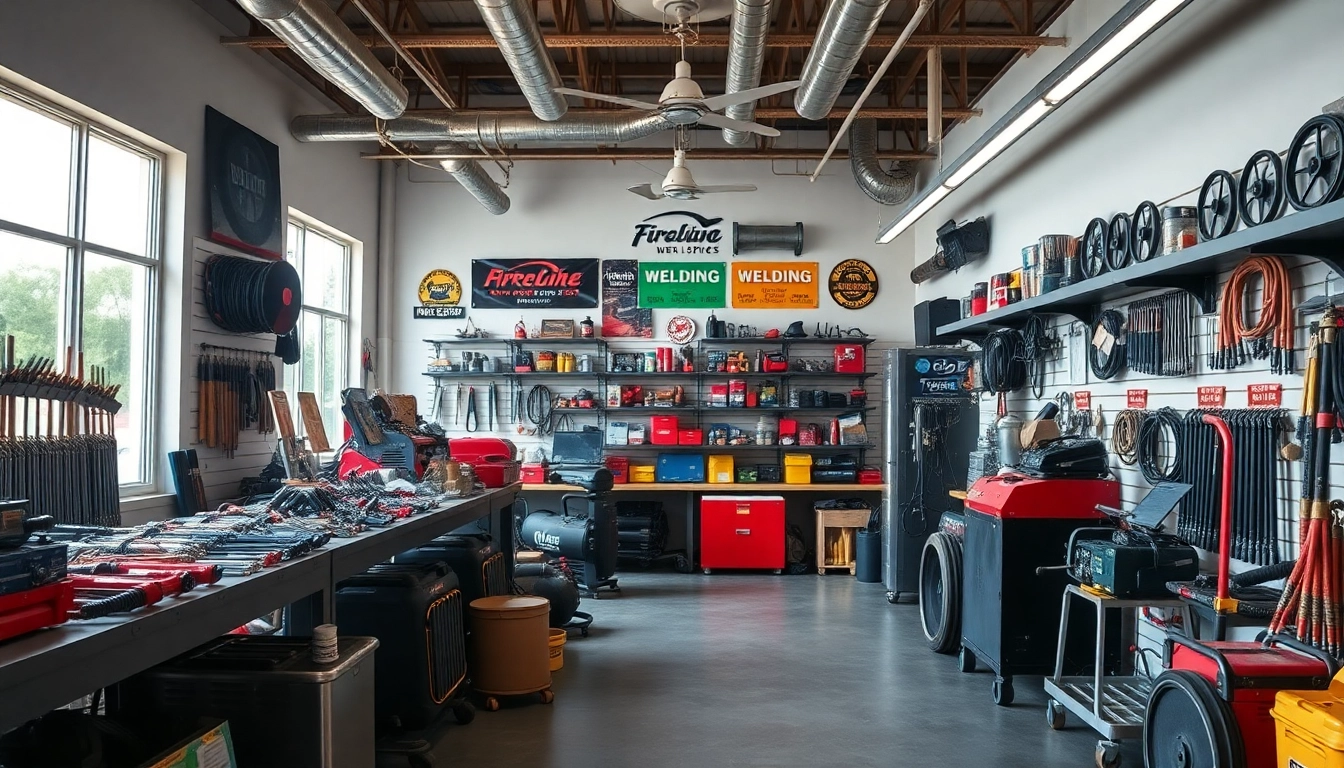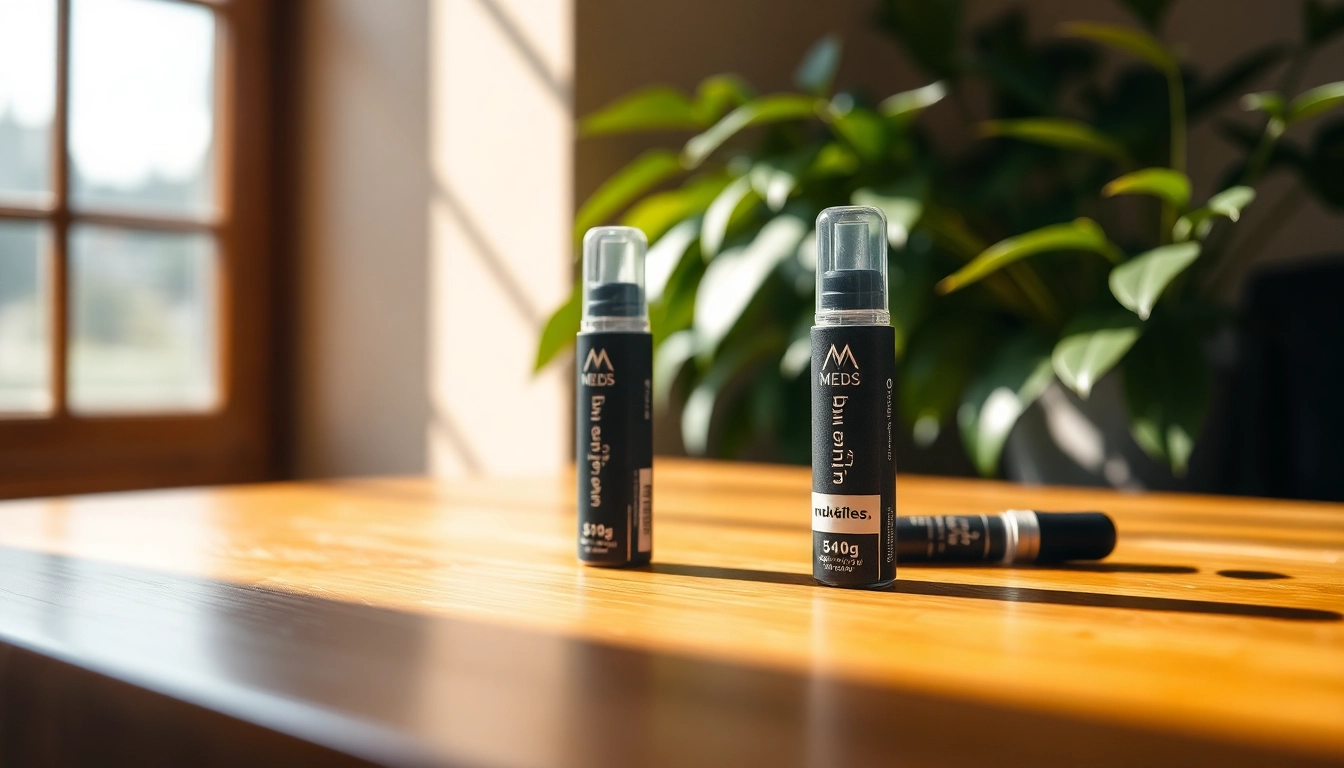Understanding Welding Supplies
Welding is an essential process in various industries, including construction, automotive, and manufacturing. The successful execution of welding projects depends largely on the quality and suitability of the welding supplies used. This guide provides a comprehensive overview of welding supplies, how to find them, and best practices for efficient and safe welding.
Types of Welding Supplies Available
Welding supplies are diverse and vary based on the type of welding process being employed. Here are key categories of welding supplies you should know about:
- Welding Machines: The heart of the welding process, machines include MIG, TIG, and stick welders, each designed for specific applications.
- Consumables: This category includes welding rods, wires, and electrodes that are consumed during the welding process to create joins.
- Safety Equipment: Essential for protecting the welder, this includes helmets, gloves, goggles, and protective clothing.
- Filler Materials: These are used to fill large gaps and provide strength to welded joints. Common filler materials include various metals, alloys, and rods.
- Cutting Equipment: Tools like plasma cutters and oxy-acetylene torches that help in shaping and preparing materials for welding.
- Accessories: Tools and equipment such as clamps, welding tables, and cleaning supplies, which facilitate the welding process.
How to Choose the Right Supplies for Your Needs
Selecting the right welding supplies depends on multiple factors: the type of job, materials being joined, and your experience level. Here’s how to make an informed choice:
- Identify the Project Requirements: Understand the specific needs of your project, including material types and thickness.
- Match Equipment with Process: Choose a welding machine that aligns with the welding method you plan to use (e.g., MIG for thin sheet metals).
- Consider Quality: Opt for reputable brands and suppliers to ensure the reliability and safety of your equipment.
- Seek Recommendations: Consult experienced welders or industry forums for advice on what supplies work best for specific applications.
Common Brands in the Welding Industry
The welding supplies market features numerous brands, each with its specialties. Some of the most recognized brands include:
- Miller Electric: Known for high-quality MIG and TIG welding machines, Miller products offer reliability and efficiency.
- Lincoln Electric: A long-standing leader in the welding industry, offering a wide range of welding machines and consumables.
- ESAB: With a strong reputation for cutting-edge technology and innovation in welding processes and equipment.
- Hobart: Offers reliable welding machines suited for both beginners and professionals, focusing on affordability and performance.
Finding Welding Supply Close to Me
When searching for welding supplies, proximity can often save time and shipping costs. Finding a welding supply close to me can greatly enhance project efficiency and ensure you have the materials you need when you need them. Here are strategies to locate these supplies effectively.
Using Online Tools to Locate Local Suppliers
Utilizing online tools can make finding local welding suppliers easy and efficient:
- Google Maps: A quick search for “welding supply near me” on Google Maps can provide a list of local stores, including user reviews and ratings.
- Business Directories: Websites like Yelp and Yellow Pages allow you to search for welding suppliers in your area, filter by rating, and read customer feedback.
- Manufacturer Websites: Many welding equipment brands offer a “where to buy” feature on their websites, which can direct you to authorized suppliers nearby.
Essential Features to Look for in Local Shops
Finding the right local supplier goes beyond just location. Here are features to consider:
- Product Range: Ensure the shop offers a wide selection of supplies, including machines, protective gear, and accessories.
- Expertise: Look for staff who are knowledgeable and can provide advice on the best products for your welding needs.
- Customer Service: Good customer support can make a significant difference, especially when you have questions or need assistance with orders.
- Returns and Exchanges: Check the store’s return policy to ensure you can exchange or return items if they do not meet your needs.
Comparing Prices of Welding Supplies Nearby
Price comparison is essential to ensure you get the best deal. Here are ways to compare prices effectively:
- Visit Multiple Stores: If time permits, visit different local stores to get a sense of the price range for welding supplies.
- Online Research: Use online shopping platforms to compare prices against local suppliers. Websites like Home Depot or Ace Hardware offer insights into local availability and pricing.
- Look for Sales: Keep an eye out for seasonal sales or clearance items. Many suppliers offer discounts during special events or holiday seasons.
Best Practices for Purchasing Welding Supplies
To ensure you are making wise purchasing decisions regarding welding supplies, consider the following best practices:
Knowing When to Buy in Bulk vs. Small Orders
Understanding when to purchase supplies in bulk versus smaller quantities can significantly impact costs and convenience:
- Buy in Bulk: This is ideal for frequently used items, such as welding rods or filler materials, as it can lower costs per unit and ensure you have the supplies on hand for upcoming projects.
- Small Orders: For unique or specialized items used infrequently, smaller orders can help avoid waste and storage issues, especially if you’re unsure about a specific product’s longevity.
Exploring Online vs. In-Person Shopping Options
While both shopping methods have their advantages, consider the following:
- Online Shopping: Provides greater convenience and a wider range of products, often at competitive prices. Many retailers also provide reviews and detailed specifications to help you make informed choices.
- In-Person Shopping: Allows you to physically assess products, ask questions, and receive immediate assistance. It is also ideal for urgent supply needs where shipping time might delay your projects.
Reading Product Reviews and Recommendations
Before committing to purchases, take the time to read product reviews and recommendations:
- Online Reviews: Websites like Amazon, manufacturer sites, and welding forums can provide insights into the performance and reliability of different products.
- Ask for Recommendations: Leverage your network or local welding community for firsthand products that others have found successful.
Safety Considerations in Welding Supply Use
Safety is paramount in welding, making it crucial to understand the associated hazards and proper use of equipment. Here’s what you need to know:
Essential Safety Gear for Welders
Investing in the right safety gear is crucial for protecting yourself while welding:
- Welding Helmets: Protect your face and eyes from sparks and UV rays. Ensure it has a suitable lens shade for your welding process.
- Gloves: Use gloves specifically designed for welding to protect against burns and cuts while maintaining dexterity.
- Protective Clothing: Wear flame-resistant clothing to guard against sparks and heat. Avoid synthetic fabrics that could melt upon exposure to heat.
- Respirators and Masks: Protect your lungs from harmful fumes and particles generated during the welding process.
Understanding Material Safety Data Sheets (MSDS)
Familiarize yourself with Material Safety Data Sheets (MSDS) for any chemicals or materials you use. These sheets provide critical information, including:
- Hazard Identification: Information about the potential hazards associated with the material.
- Handling and Storage Requirements: Guidelines on how to safely handle and store materials to minimize risk.
- Emergency Procedures: Instructions on what to do in case of accidental exposure or spills.
Best Practices for Safe Handling and Storage
To further enhance safety in welding, follow these best practices:
- Labeling: Clearly label all materials and chemicals to prevent mishandling.
- Proper Storage: Store hazardous materials in appropriate containers and areas that comply with safety regulations.
- Regular Training: Conduct regular safety training for yourself and team members on best practices and emergency response.
Enhancing Your Welding Skills with Local Resources
Improving your welding skills can significantly enhance your projects, and local resources play a vital role in this enhancement:
Joining Local Welding Workshops and Classes
Participating in local workshops and classes can provide hands-on experience and increase your knowledge:
- Community Colleges: Many offer courses in welding that range from beginner to advanced levels.
- Local Welding Shops: Some equipment suppliers also offer workshops for skill advancement, often focusing on specific techniques or tools.
Networking with Other Welders in Your Area
Networking with fellow welders can provide invaluable insights and opportunities:
- Local Trade Shows: These events allow you to meet other professionals and learn about the latest trends in welding.
- Welding Clubs: Joining local welding clubs can facilitate knowledge sharing and collaboration on projects.
Utilizing Online Communities for Tips and Advice
In addition to local resources, online communities can greatly enhance your learning:
- Welding Forums: Websites like WeldingWeb and Reddit’s welding subreddit are great places to ask questions, share experiences, and receive guidance.
- Social Media Groups: Many welders share tips and video tutorials on platforms like Facebook and YouTube, providing a wealth of practical knowledge.



